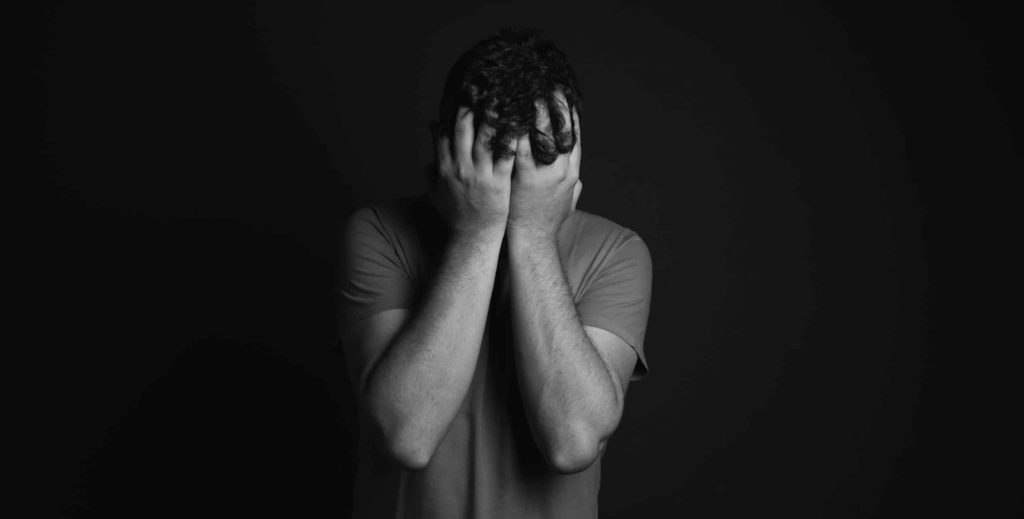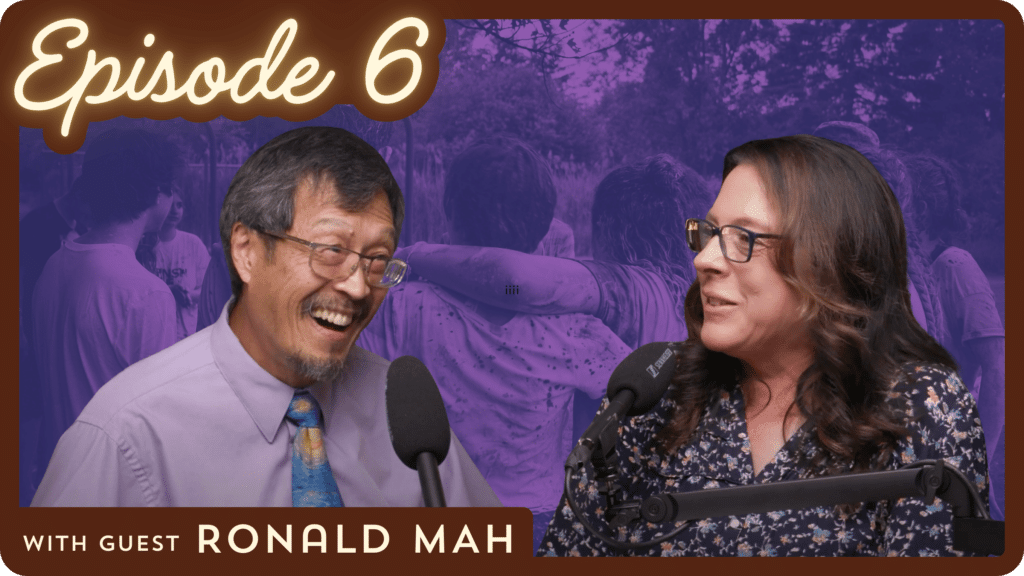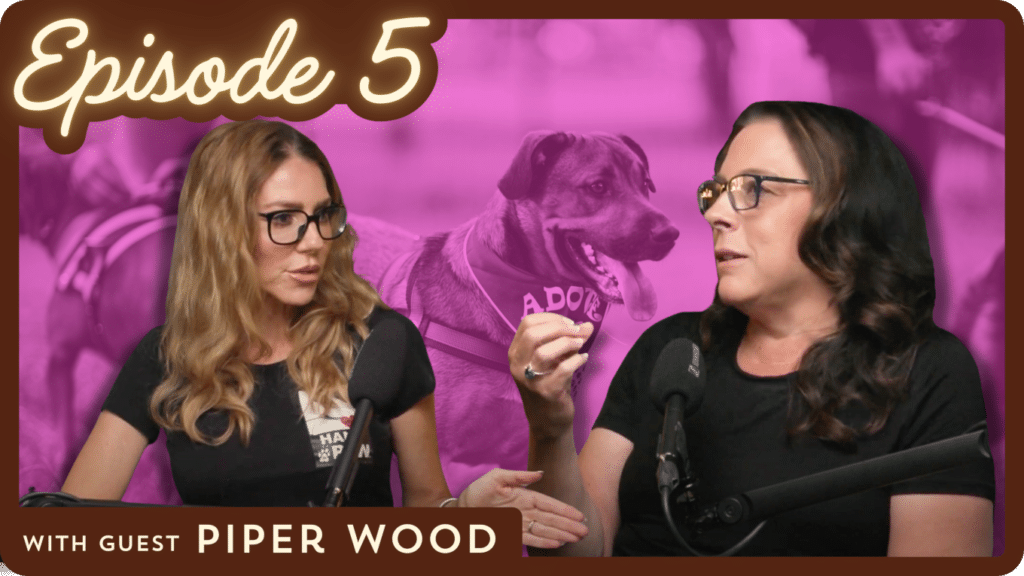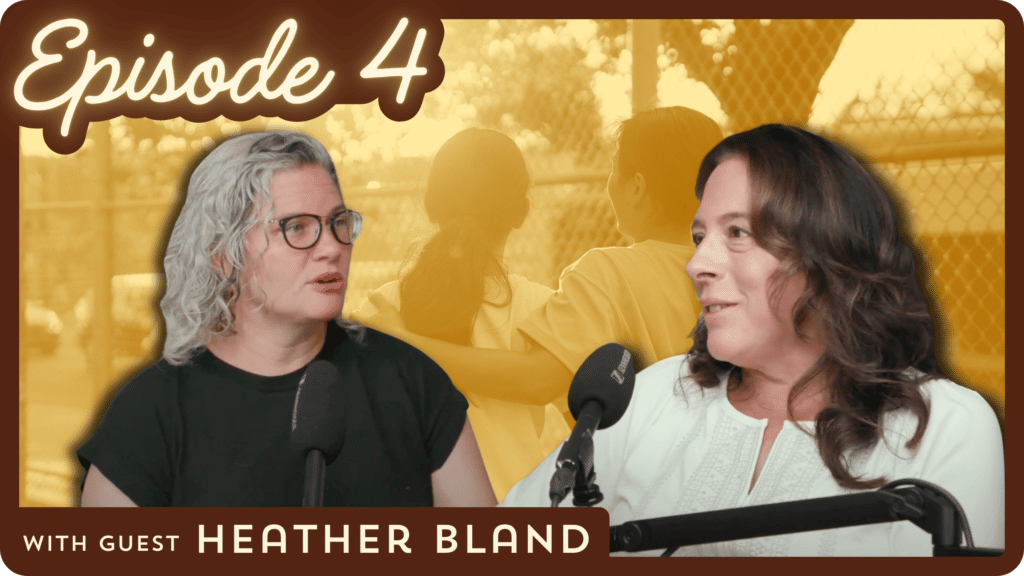
How does discrimination impact your life? Is it something that affects you in most of your daily interactions or is it a rare occurrence that gives you a jolt, reminding you that acceptance isn’t a given.
If you do experience discrimination, where does it occur? Work, on your commute, travel, with family, while running errands, socializing, dining out, at school, at sports and music events, etc. Sometimes it can be surprising where or from whom discrimination is coming from.
How do these experiences impact you? Wear on you?
Do you lay low, keep your head down, maintain a low profile, or steer clear of certain people and places? Are you so vigilant and anticipating discriminatory interactions that you feel less approachable or at times defensive?
While you have your guard up, do you find it can create a barrier in building relationships and establishing trust?
If your environment, your school, and your community reinforce discriminatory practices and behavior, how does that shape you? For some this may empower them to create change. Others may feel that their relationships both professionally and personally are negatively affected by perpetual discrimination.
Discrimination is particularly painful because it is a judgment on a part of who we are. Whether it be race, religion, gender, age, disability, or sexual orientation, discrimination towards any of these parts of ourselves makes us feel like an outsider, like we don’t belong, even like we are doing something wrong. It’s unfair and wrong.
Being made to feel like we don’t belong in a place where we are just trying to exist and participate in daily life can be isolating. Being judged by others can cause us to doubt ourselves and minimize things that are important to us. Discrimination can cause ongoing stress that can be demoralizing and lead to depression and anxiety.
Discrimination surfaces in daily life often from people who may not intend to perpetuate discriminatory beliefs and practices but are doing just that. These are called microaggressions. Microaggressions are comments, actions, and behaviors that are rooted in judgmental beliefs and practices toward marginalized groups of people.
Discrimination and micro-aggressions can look like,
Inappropriate generalizations made about age but disguised as humor.
Being treated differently because of an accent, and feeling less respected or rushed to speak clearly.
Being made to feel like a burden for having needs that are different than the majority group.
Being treated with more surveillance than others of a different race.
Being communicated to with less respect because of your gender.
Is discrimination something that is not directed towards you but to somebody close to you professionally or personally? How do you respond to those experiences. Or do you respond. Do you feel guilt or are you lacking the tools to communicate what you want to say. Do you internalize your experiences and struggle with anger, aggression? Do you try to cope with drugs or alcohol? Therapy can help. If you’ve never had a safe space to explore how discrimination affects you, therapy can be that space. Well intentioned friends and family may understand your experiences. Or they might not be capable of doing so. Know that you can reach out to a therapist or psychologist today to start sharing your story, not just the one that others are telling.
Stay Updated With The Most Recent News & Blogs From Soultenders.
Get blog articles and offers via email








